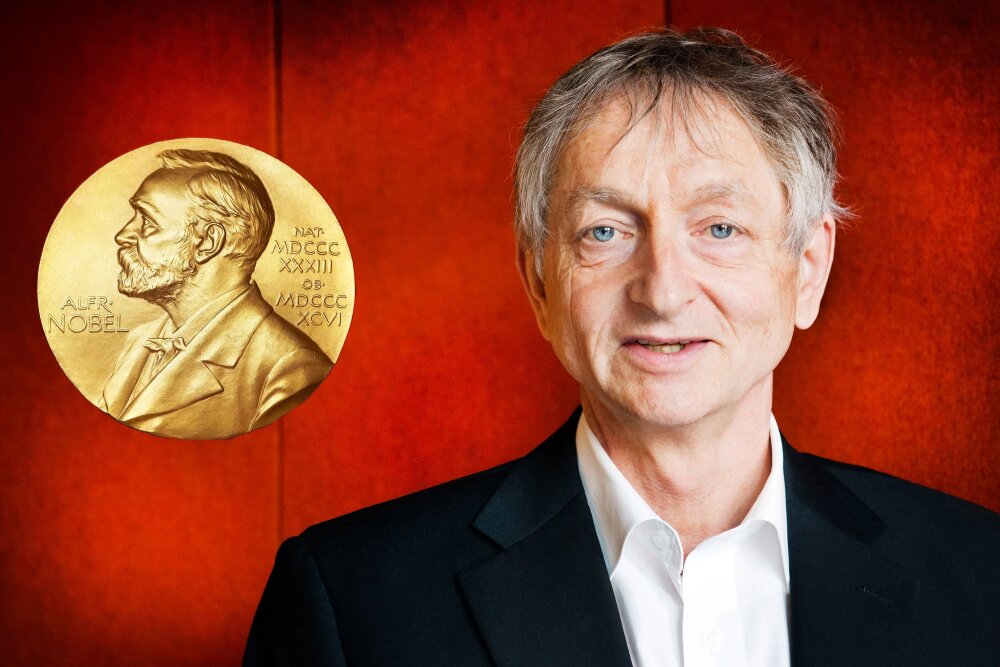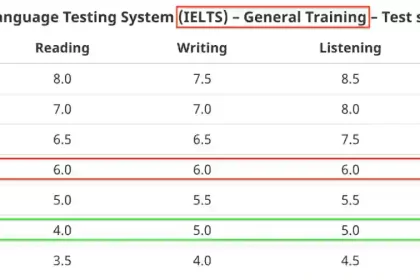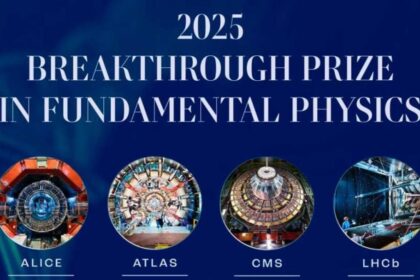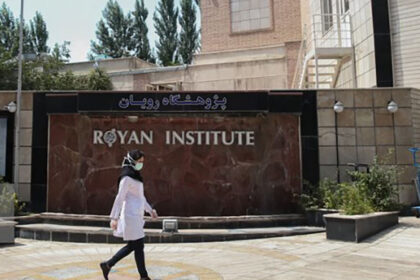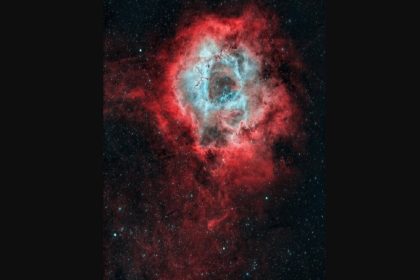2024 Nobel Prize in Physics winner Geoffrey Hinton received a phone call from Stockholm in the early hours of his California hotel room, with multiple Swedish accents assuring him that his Nobel Prize in Physics was real. In this interview, recorded shortly after learning of the award, he talks about the state of machine learning, the urgent need for safety research, and his hope that the award might make people take the fears he expresses more seriously. does
According to RCO News Agency, In the following, you can read the interview of one of the 2024 Nobel Physics winners. You can visit Noble’s website to listen to this audio call.
Jeffrey Hinton: Hello?
Adam Smith: Oh, hello. Am I talking to Jeffrey Hinton?
Hinton: Yes
Smith: I’m Adam Smith and I’m calling from the Nobel Prize website.
Hinton: I know who you are because I found out a long time ago that they have someone who calls them to get people’s reactions.
Smith: Exactly. So can we talk for a few minutes?
Hinton: Yes.
Smith: Thank you very much. First of all, of course, many congratulations.
Hinton: Thank you.
Smith: And where are you? Where did you hear the news?
Hinton: I’m in a cheap hotel in California with no internet connection and a not-so-good phone line. I was going to get an MRI scan today, but I guess I’ll have to cancel. I didn’t even know that I was nominated for the Nobel Prize in Physics. I am extremely surprised.
Smith: It seems like a perfectly reasonable place to get news. Because you are a bit isolated. You can gather your thoughts before the news storm of the day begins.
Hinton: Yes. On the other hand, it is two midnight.
Smith: Oh my god. yes I’m sorry, I didn’t know. If you want…
Hinton: I think it’s three in the morning.
Smith: I don’t know if you should go to bed or if you should just accept that it’s going to be a long day.
Hinton: Yeah, I don’t think I’ve ever been that cool.
Smith: Well, a complete surprise. What was your first thought?
HINTON: My first thought was how could I make sure the call wasn’t fake.
Smith: And? how could you
HINTON: The call was from Sweden and the person had a strong Swedish accent and there were several people.
Smith: Yes. So it must be impersonation, which is unlikely.
Smith: How would you describe yourself? Would you say you were a computer scientist or would you say you were a physicist trying to figure out biology when you were doing this?
Hinton: I would say I’m someone who doesn’t really know what he’s doing, but I like to understand how the brain works. And in my efforts to understand how the brain works, I’ve helped create technology that works surprisingly well.
SMITH: It’s interesting, I imagine you’ve publicly expressed your fears about what technology can bring. What do you think should be done to address the fears you and others express?
HINTON: I think it’s very different from climate change. Against climate change, everyone knows what to do. We must stop burning carbon. There is only a question of political will to do this. And big companies that make huge profits are not willing to do that. But it is clear what you need to do. Here we are dealing with something where we have little idea of what is going to happen and what to do about it. And so, I wish I had some kind of simple instruction that if you do this, everything will be fine. But I don’t do that. Especially given the existential threat of getting out of control and being taken over, I think we’re kind of at a crossroads in history that we’re going to have to figure out in the next few years if there’s a way to deal with that. So, I think it’s very important right now that people are working on how do we maintain control? We have to put a lot of effort into research. I think one thing governments can do is force large companies to spend more resources on safety research. So that, for example, companies like OpenAI cannot dismiss safety research as worthless.
Smith: Is there an analogy with the biotech revolution where the biotechs themselves got together at those Asilomar conferences and sat down and said there’s a potential danger here and we need to work on it ourselves?
Hinton: Yes. I think there are similarities and I think what they did was very good. Unfortunately, there are many more practical applications of artificial intelligence. For things like cloning that biologists were trying to control. And so, I think it’s going to be a lot harder. But I think what the biologists did is a good model to look at. Interestingly, they were able to agree, and scientists did.
SMITH: So, for example, with the big language models, what I think is fueling your fear is that you feel like these models are much closer than a lot of people say. When it comes to the impact of the Nobel Prize in this field, do you think it makes a difference?
Hinton: Yes, I think it will make a difference.
Smith: Do you worry that people won’t take you seriously?
Hinton: There’s a whole school of linguistics that comes from Chomsky that thinks it’s completely absurd to say that these things understand, and they don’t process language at all like we do. I think this school is wrong. I think it is now clear that neural networks are much better at processing language than anything produced by the Chomskyan school of linguistics. But there is still much debate about it, especially among linguists.
SMITH: I want to go back to when you got the news, in your hotel room, in the middle of the night. In some ways, a relatively quiet place to hear the news. There is no one to turn to, to somehow hug and celebrate.
HINTON: Well, I’m here with my partner. And he is very excited.
Smith: Very well. Congratulations again.
Hinton: Thank you.
Smith: God forbid.
Hinton: God forbid.
end of message
RCO NEWS




